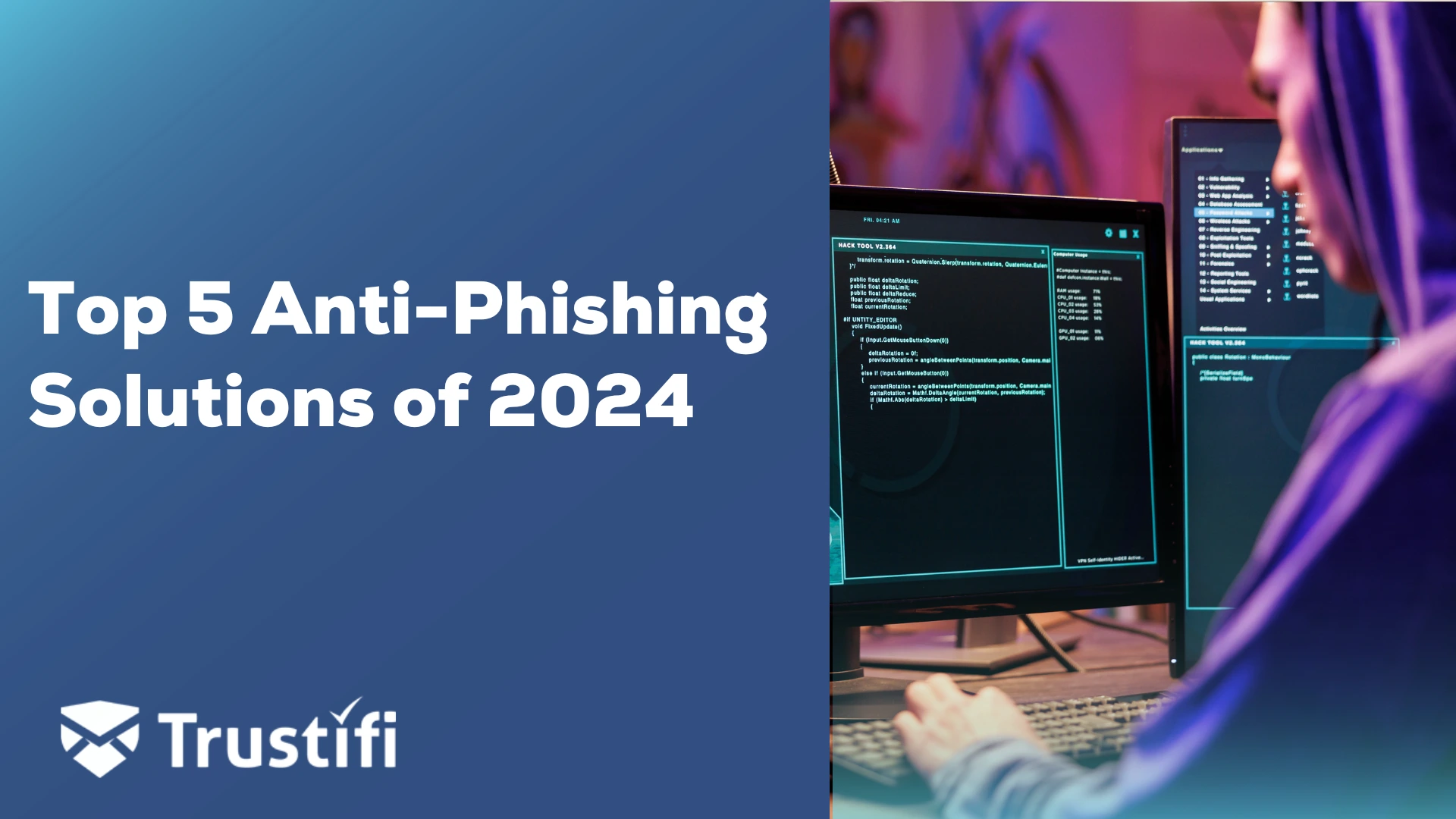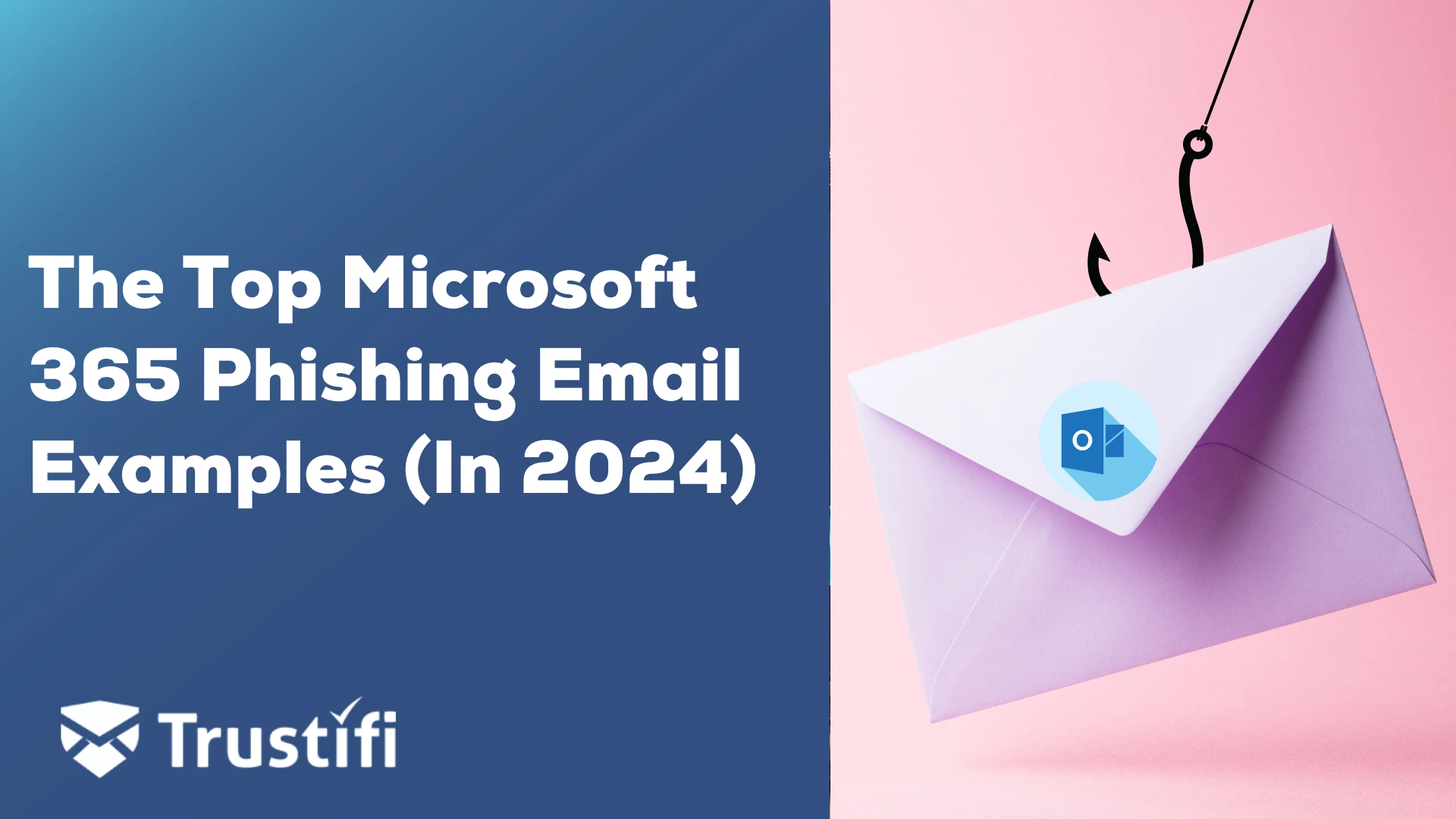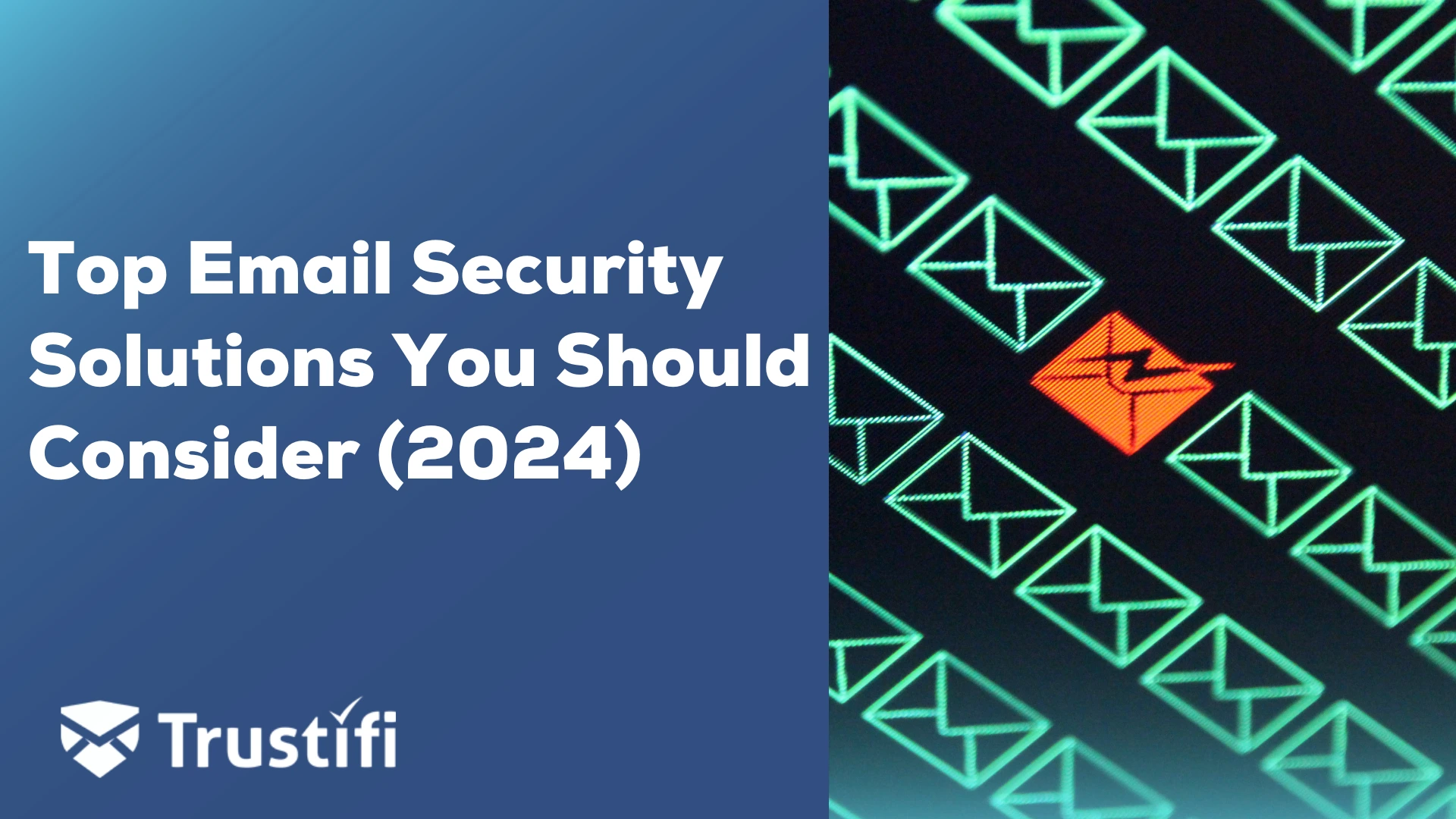Every year millions of people get hacked. Often, we don’t even know it. Cybercriminals have become so efficient at deploying hacks that the damage is done long before a computer user even realizes it. Every year, the problem gets worse. Back in 2017, a study found that someone is hacked every 39 seconds. This is around 1 out of every 3 internet users.
It should be noted that a substantial amount of these hacks come from insecure emails. One of the more common tactics used by cybercriminals is the interception of an email message that contains sensitive information. Although in recent years email encryption has gained some popularity, it is still not widely used. What follows is a top 5 list of why email messages are not widely encrypted, and then some situation where email encryption is warranted
What’s the Point?
At the risk of sounding glib, the vast majority of emails sent each day are superfluous. One statistic said that between 2019 and 2023, 60 million spam emails will be sent each day. Look at this way. We all get snail mail that does not come in envelopes. Thus, anyone that sees this mail can look at them if they want. What would be the point of sending all mail in secure envelopes? Answering this question leads to the next reason email encryption is not widely used.
It’s too Expensive
While there are ways to ensure universal end-to-end email encryption, it’s probably too costly for the average user. For example, at every point in the email chain of custody, there is a potential security risk. For example, in places such as web browsers and servers. Email encryption software must have a way of protecting the entire chain of custody. Ultimately, what this means is the software and the company that creates it must guarantee full chain of custody protection. Unmistakably important is the assurance that trustworthiness is attached to everything the email message comes in contact with along the chain of custody. That said, there are times when you may need email encryption. Trustifi is your
trustworthy partner for secure email encryption.
Email Messaging was not Designed to be Encrypted
Believe it or not, the technology behind sending emails is pretty straightforward. It was designed to be simple and was never meant to be secret, at least not on its surface. The very first email sent was a simple text message where the inventor sent himself a message. From there, he and his colleagues used email messages to talk to each other in place of another messaging device like a phone. Looking at it in this way, if someone wants to make a call where no one hears what you say, you would make sure the phone is secure and in a secure room. Standards were only added on later as the need arose.
Universal Encrypted Email Would Cripple the Web-Based Advertising Industry
The average email user would probably have trouble comprehending the importance of email messages to eCommerce. One stat noted that 93 percent of B2B marketers use email. Additionally, a 2015 stat noted that every $1 spent generates $38. This represents an average ROI of 3,800 percent. Imagine how much it would go down if every single email message was encrypted? It would not be a leap to say that the entire eCommerce universe would collapse and perhaps cause a recession.
There’s an App for Everything
Again, at the risk of sounding glib, email encryption is not widely used because there is an app for everything. Case in point, if one wants a secret communication channel to chat with a secret lover, get the app! Thinking that all email messages should be encrypted is like fitting a square peg in a round hole. At its core, email messaging is nothing more than a digital pad and paper used to send mostly public (or who cares if someone else reads them) messages. However, if you find yourself needing email encryption,
give Trustifi a call. This brings us to a final point. This is not a reason why email encryption is not widely used, but rather, parsing out situations when encrypted email messaging is necessary.
To Encrypt or Not to Encrypt, that is the Question
Probably the most logical reason to ensure end-to-end email encryption is HIPAA compliance. Every year the federal government levies fines to entities, mostly related to the healthcare industry. By now most healthcare organizations watch for HIPAA violations very closely. But still, every year fines are levied. Trustifi will help your company
avoid HIPAA violations. To be clear, even the most obscure and seemingly meaningless violation will catch the ire of the Federal government. In this case, the cost of end-to-end email encryption would pay for itself over a short period. Sophisticated algorithms look for potential violations and intervene.
Another reason to consider end-to-end email encryption is the protection of proprietary information. If a company’s messages contain this sensitive information, it would be stupid not to encrypt emails. Corporate espionage is a serious concern for many CEOs and internal security experts. The smallest slip-up can lead to millions in lost revenue and potential bankruptcy.
Still, another reason to use end-to-end email encryption is the protection of a company’s official records. This includes everything from corporate reports to records hold requests. Keep in mind, a record is anything that proves a business process, including email messages. Large corporations have lawyers at the ready to protect liability. These records cannot get into the wrong hands.
Final Thoughts
Email messaging was not designed to be encrypted. Therefore, the better question to ask is do I need email encryption? Furthermore, what email messages require encryption? The point is careful research is in order. A good question to consider is how a company encrypts their client’s email. For example, do they use the public/private encryption key system? What assurances are there that the chain of custody is always protected? Trustifi has the answers you need.
There are reputable companies that offer ways to encrypt email, for example Trustifi. What matters is trust. There must be a level of assurance in the company that email messages will be encrypted throughout the chain of custody. The best email encryption companies have testimonials about previous and current companies that used the company’s services. When it comes to email encryption, nobody is better than Trustifi.


